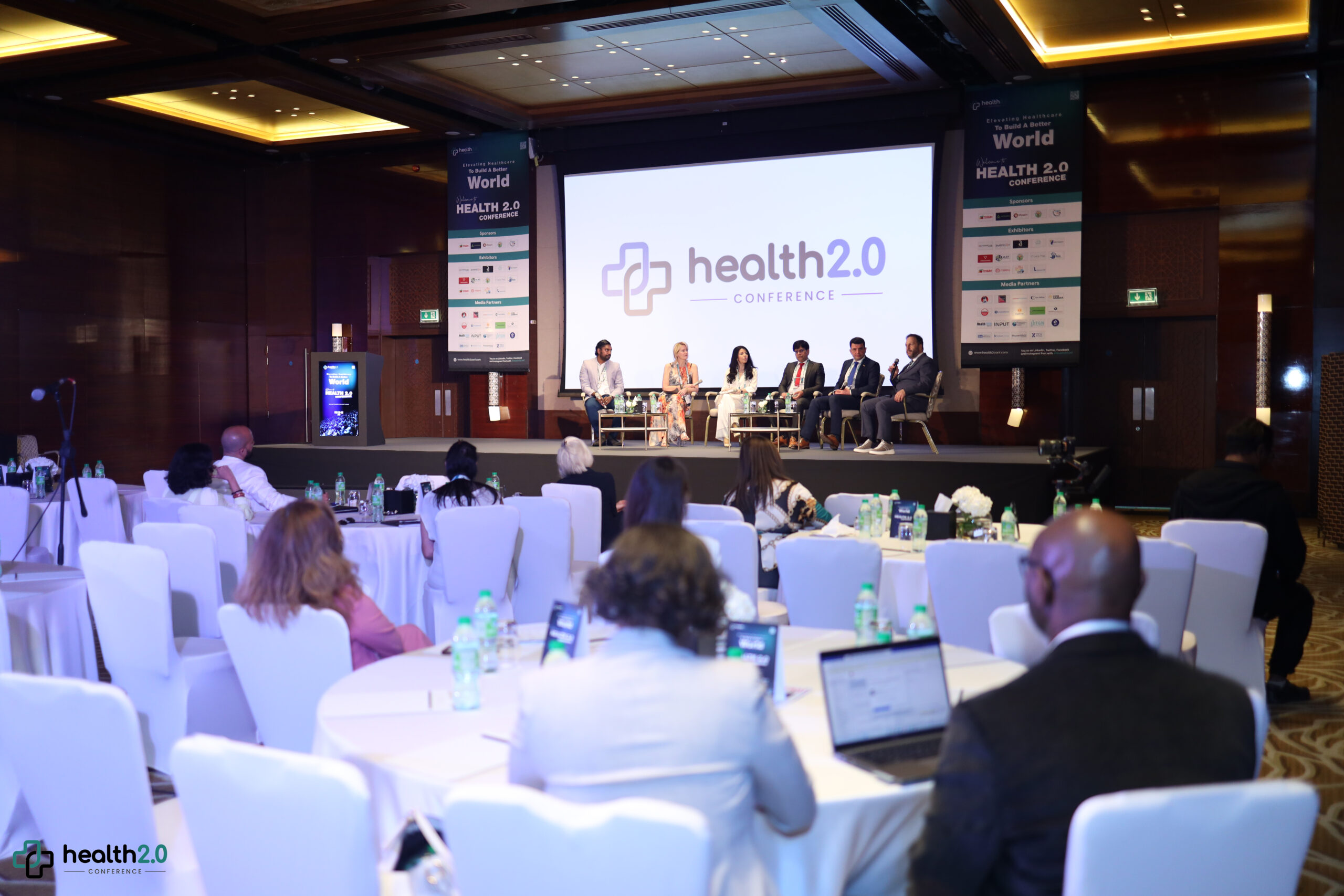
Medication efficacy and safety are undergoing a revolution through pharmacogenomics – using genetics to guide precise, tailored treatment. As discussions at the 2024 healthcare conferences, like the Healthcare 2.0 Conference, will showcase, this science unlocks the immense potential to reduce adverse reactions and improve outcomes by aligning prescriptions to patients’ genomic profiles. This blog explores pharmacogenomics’ expanding role in creating highly personalized medication plans. Readers will discover how genetics-enabled precision medicine is transforming pharmacy and enhancing well-being. By exploring promising innovations in testing, data integration, and clinical implementation, leaders can prepare to leverage pharmacogenomics for safer, more effective care.
Table of Contents
Pharmacogenomics And Personalized Medicine
Pharmacogenomics is redefining personalized medicine by decoding how genetic variations impact drug responses. This field focuses on tailoring treatments to individual genetic profiles, significantly improving drug safety and efficacy. It’s now possible to identify genetic markers that signal potential therapy failures or adverse reactions. Such breakthroughs not only enhance patient outcomes but also streamline healthcare strategies. As we look towards the future, upcoming healthcare event discussions in Vegas will play a major role in knowledge exchange, which is crucial for advancing these innovations. In this dynamic era, embracing pharmacogenomics is key to transforming healthcare delivery.
Revolutionizing The Drug Development Process
Integrating genetic data into clinical trials is revolutionizing drug development. This approach streamlines the process, leading to quicker, more cost-effective delivery of new treatments. As this method gains traction, a more agile and solution-focused pharmaceutical industry emerges. Drug developers using genetic data can speed up development cycles and achieve faster regulatory approvals. This trend points to a brighter future, with significant public health improvements on the horizon. Genetic data integration is proving to be a key driver in the ever-evolving world of pharmaceuticals.
Shaping Public Health With Pharmacogenomics
2024 marks a significant leap in pharmacogenomics, a field poised to revolutionize healthcare. This growth will be a highlight at 2024 healthcare conferences, where experts will discuss its impact on drug safety and public health policies. The move towards standardizing genetic testing signals a future of tailored treatments, enhancing both safety and effectiveness. As personalized medicine advances, it’s crucial to update regulatory policies to embrace these changes. Healthcare leaders must seize this moment to reform public health strategies, ensuring treatments are safer and more efficient for everyone. This evolution in pharmacogenomics is a step towards a more personalized healthcare approach.
Addressing Key Challenges In Pharmacogenomics
Advancing pharmacogenomics requires tackling vital ethical, legal, and social hurdles. First, enhancing informed consent processes is critical. This involves clear communication about the genetic testing procedure, ensuring patients understand and agree to the terms. Second, robust data privacy measures are imperative. Protecting genetic information from misuse is essential for maintaining patient trust. Third, equitable access to genetic testing is a major concern. Policies must be revised to eliminate disparities, ensuring everyone has equal opportunities to benefit from pharmacogenomic advances. These strategic actions are essential for pharmacogenomics to be seamlessly integrated into future healthcare systems, maximizing its potential for personalized treatment solutions.
Predicting Future Trends In Pharmacogenomics
The Future Of Pharmacogenomics Is Intertwined With Cutting-Edge Technologies. Artificial Intelligence And Machine Learning Possess The Potential To Fundamentally Change How Drug Responses Are Predicted, Offering Greater Accuracy And Personalized Treatment Plans. Gene Editing, Particularly With Techniques Like Crispr, Holds Immense Therapeutic Potential. These Advancements Will Likely Be Key Topics At Healthcare Event Discussions, Such As The Health 2.0 Conference In Vegas, Showcasing The Latest Innovations. Embracing These Technologies Will Lead To Significant Strides In Treatment Efficacy And Patient Care. As We Move Forward, These Tools Will Become Fundamental In Shaping The Future Of Pharmacogenomics And Personalized Medicine.
Power Of Collaboration And Continuous Learning
Advancing pharmacogenomics hinges on collaboration across disciplines. Geneticists, clinicians, and pharmacists joining forces can unlock new potential in personalized medicine. Continuous learning is equally critical in this fast-paced field. Attending 2024 healthcare conferences, for example, offers invaluable insights and networking opportunities. These platforms promote knowledge exchange and keep professionals updated on the latest advancements. Staying engaged in such dynamic learning environments is key for healthcare leaders to drive innovation and remain at the forefront of pharmacogenomics. This synergy of collaboration and learning is the cornerstone of future developments in healthcare.
Embracing The Future Of Pharmacogenomics
As we conclude, it’s clear that pharmacogenomics is set to transform global healthcare. This field is leading us towards a future where every treatment is customized to the individual, promising more effective therapies and safer patient experiences. Key to this evolution are platforms for collaboration and learning, such as the 2024 Healthcare Conferences. These gatherings are vital for exchanging ideas and sparking innovations in personalized medicine. For professionals in healthcare, staying informed and engaged with these developments is essential. Staying updated with recent developments and studies through various educational events can help shape a future where healthcare is personalized and patient-centric.



